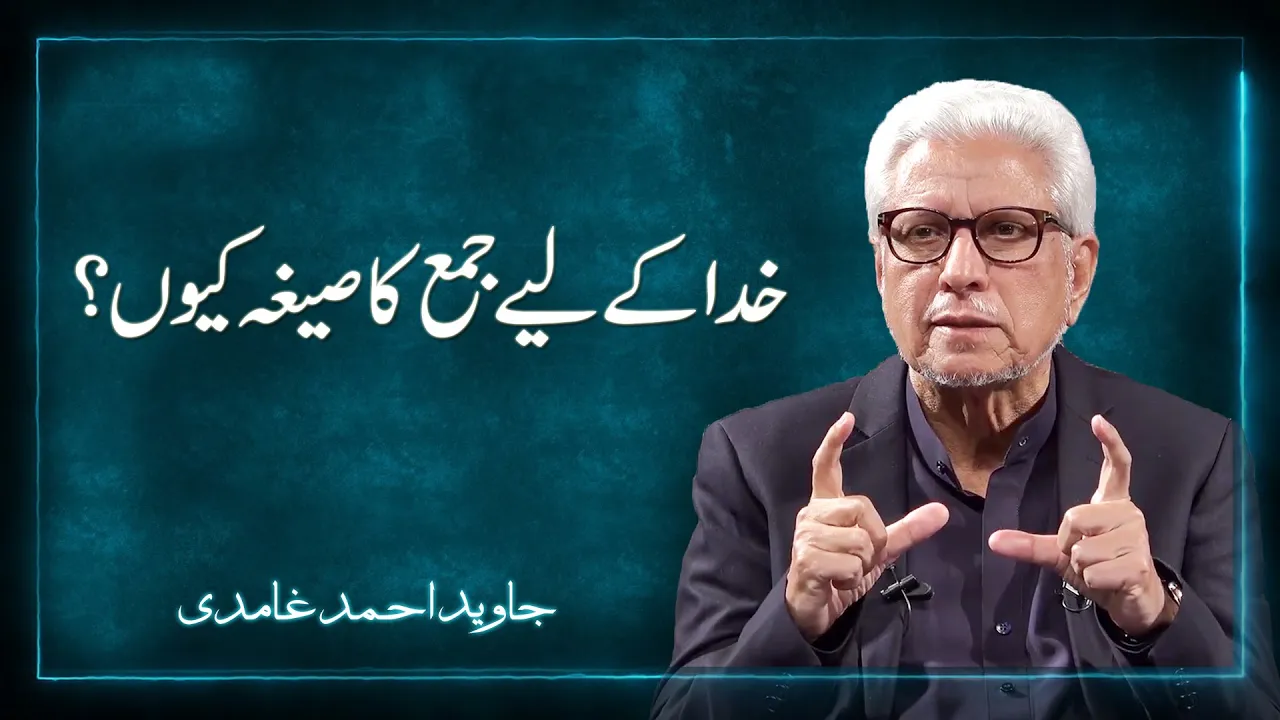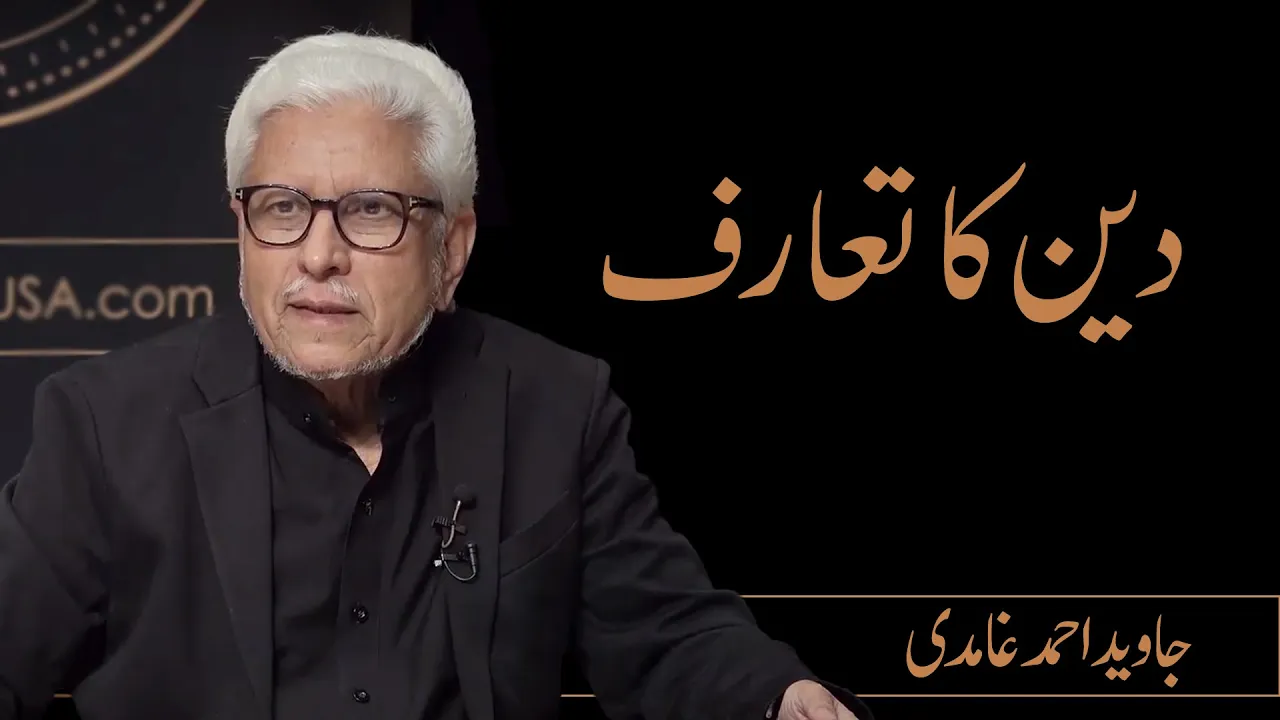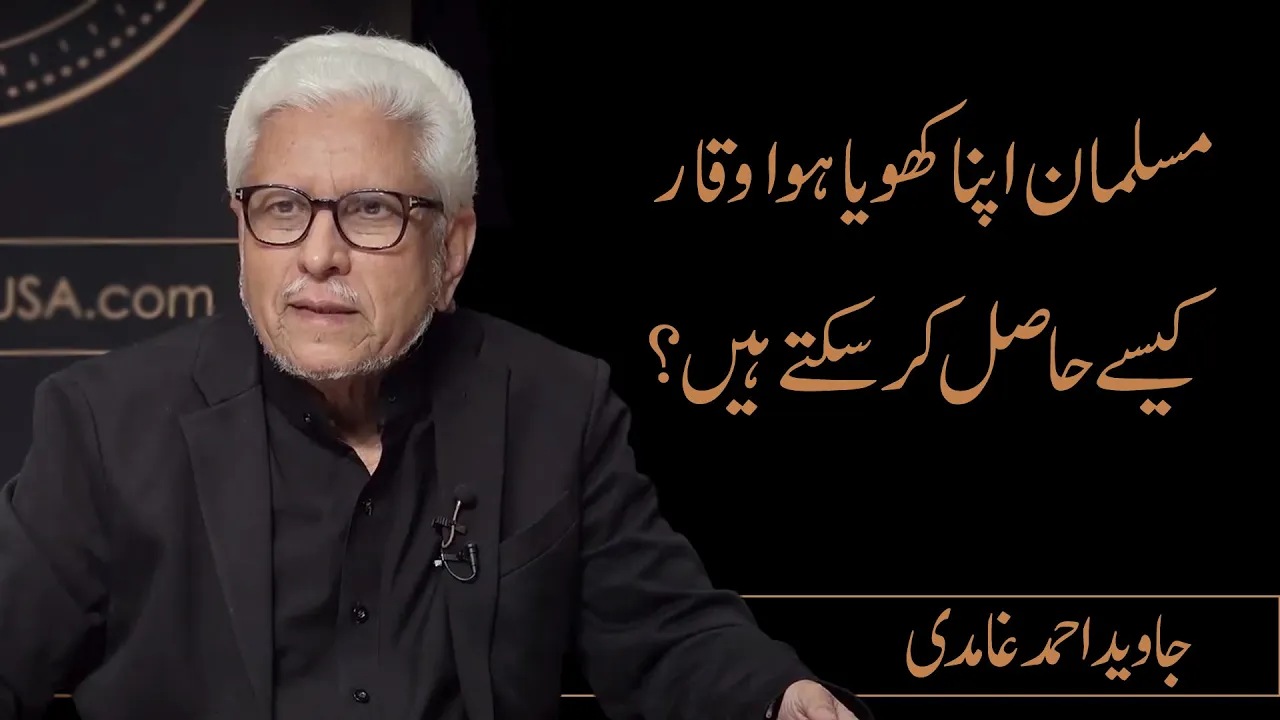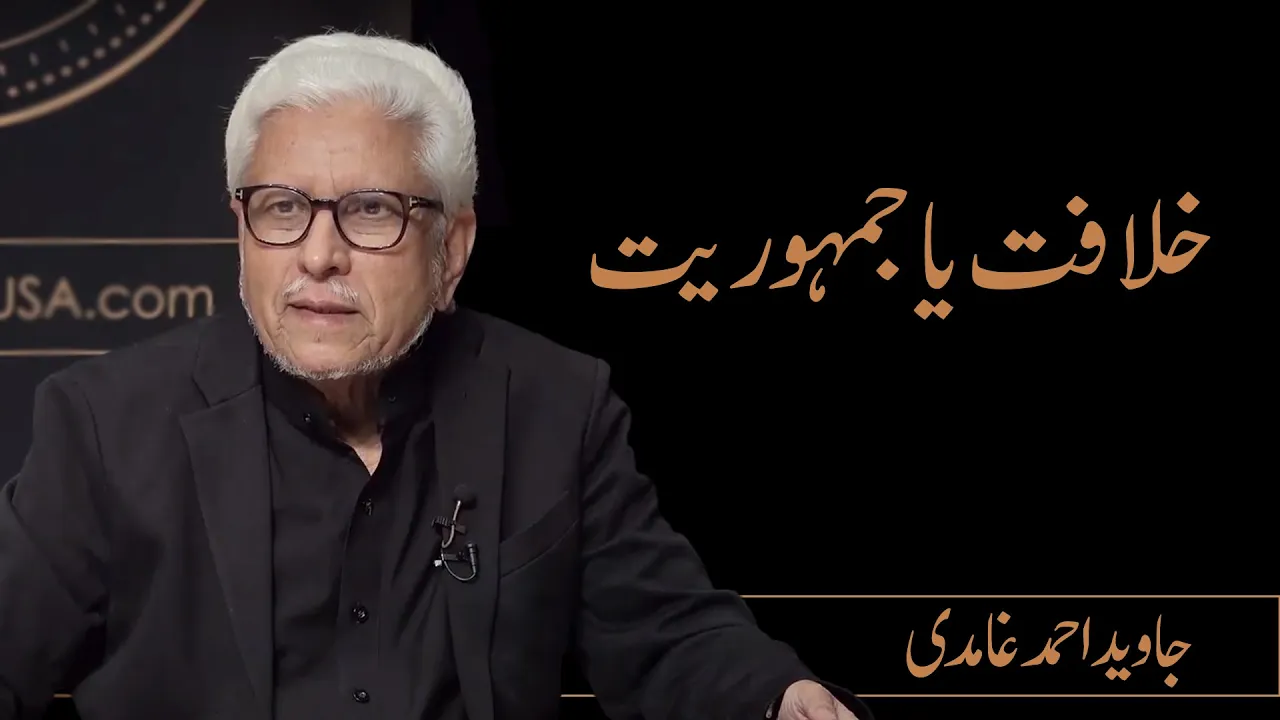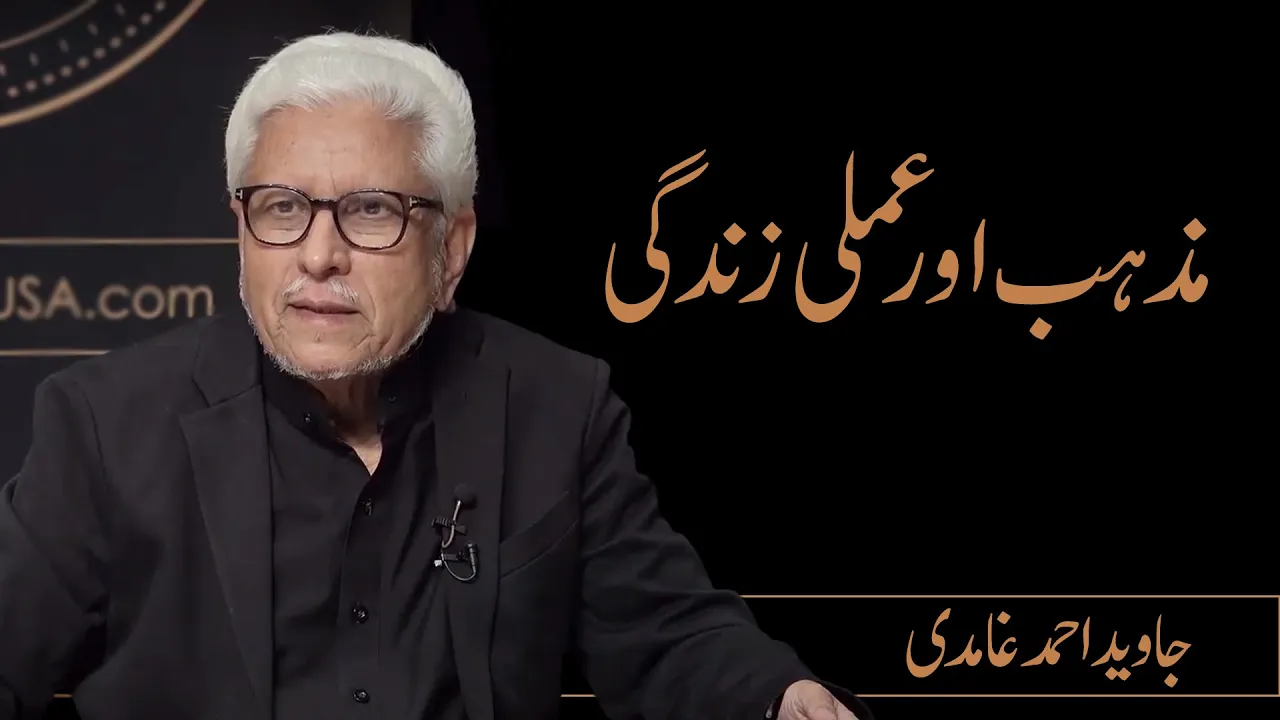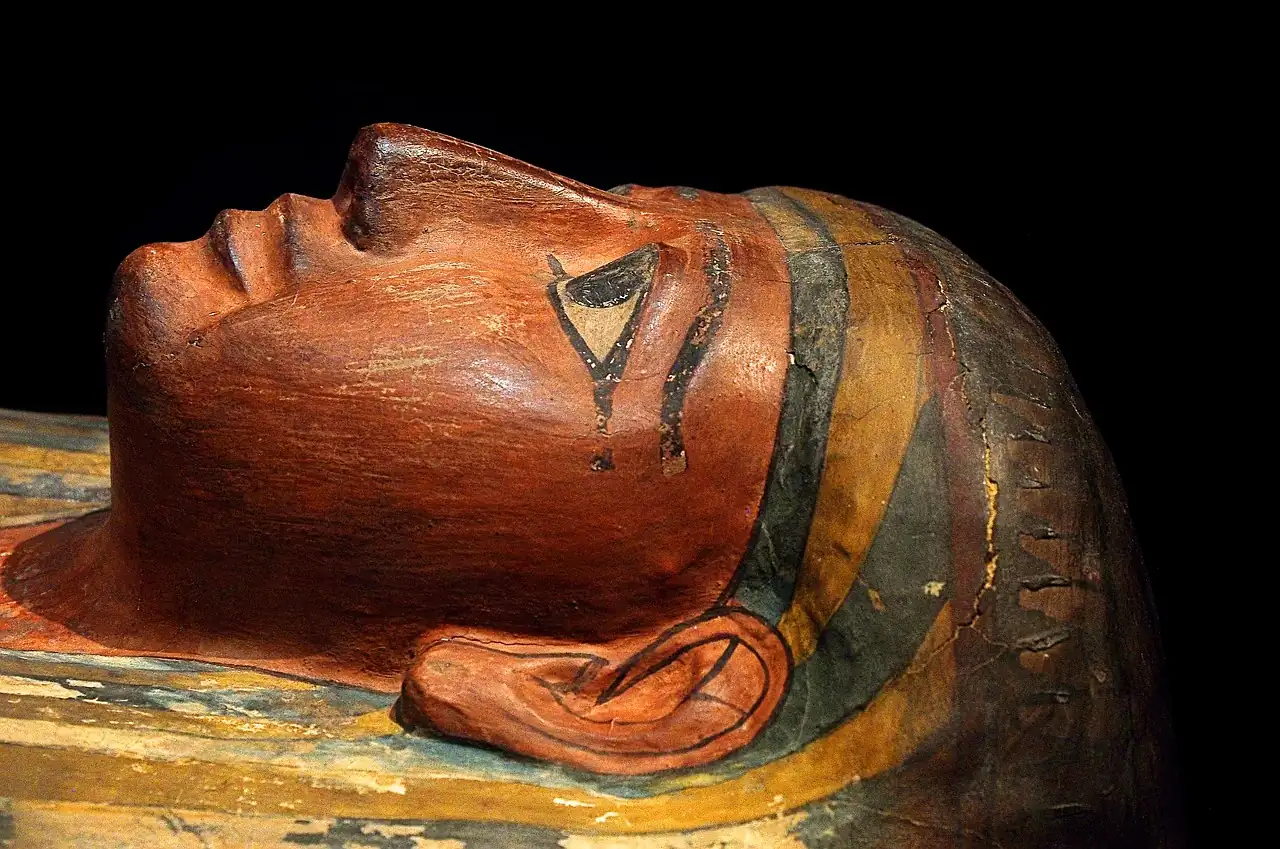Question
I understand that reward cannot be transferred to the deceased because this is against the Qur’ān. However, those who believe in it say that the Prophet (sws) has the authority to change the Qur’ānic rules e.g. in the Qur’ān prayers are due at specific times but the Prophet (sws) changed the same rule for some prayers of Hajj. So reward can be transferred to a deceased since its justification is available in Hadīth as per the powers of the Prophet (sws). Please explain in detail.
Answer
The basic source left among us by the Holy Prophet (sws) is the Holy Qur’ān. It is the origin of religious authority and is the Mīzān (Balance) (42:17) and the Furqān (Criterion) (25:1) which decides the validity of any religious matter. The Prophet (sws) had no authority to render any Qur’ānic directive ineffective.
Moreover, Scholars of the science of Hadīth have set the principles of accepting a Hadīth. A Hadīth can in no way be accepted when it is against the purport of the Qur’ān and established Sunnah.
Therefore, such a view is not acceptable since it deprives the ultimate and final authority – the Holy Qur’ān – of its true place and renders the whole corpus of Islamic beliefs in jeopardy because the Hadīth literature contains conflicting things.
The sayings of the Prophet (sws) which are usually cited to prove that the Prophet (sws) abrogated certain Qur’ānic directives are often misconstrued. As regards the matter of timing of prayer, it originated from the Sunnah and not from the Holy Qur’ān. The Sunnah we know is an independent source of Islam.
Answered by: Tariq Mahmood Hashmi
Date: 2015-01-07


